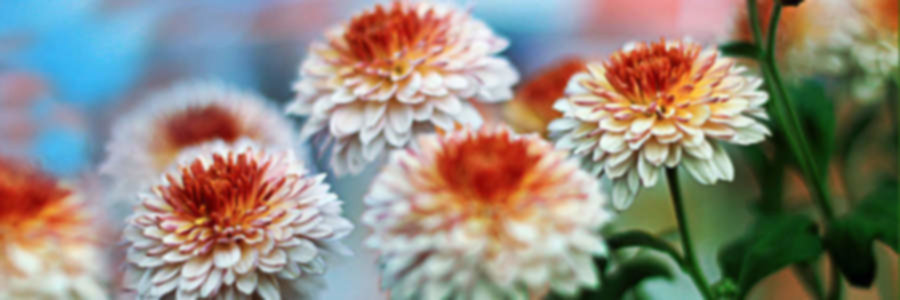Yet another form of shirk is to believe that certain things can bring benefit, while the Creator has not made them to do so. For example, some people believe in amulets and spells, or wearing certain types of pearls, seashells or metal earrings and so on. They do so upon hearing the advice of fortune-tellers, magicians or in accordance with inherited customs. They hang them around their own or their children’s necks to ward off the evil eye – or so they claim – or they tie them onto their bodies, hang them in their cars and homes, or wear rings with special stones, thinking that these things can relieve or ward off distress. This, without a doubt, is contrary to the idea of relying on Allah, and will only result in making a person even more weak. It comes under the heading of seeking cures in things, which are haraam. These amulets obviously contain much shirk, such as seeking the help of some jinns and devils, or vague drawings and illegible writing. Some of these liars even write aayaat from the Qur’aan or mix them with words of shirk, or write them with impure substances such as menstrual blood. Hanging these amulets or tying them to one’s body is harram. Because the Prophet (saas) said: “Whoever hangs an amulet is guilty of shirk.” 1
If the one who does this believes that these things can cause benefit or harm instead of Allah, he is a mushrik who is guilty of ash-shirk al-akbar (the greater shirk). 2 If he believes that they are a means of causing benefit or harm while Allah has not, then he is a mushrik who is guilty of ash-shirk al-asghar, which come under the heading of the shirk in attributing cause to things other than Allah.
1) Reported by Ahmad, 4/156; see also Silsilat al-Saheehah, no. 492
2) Shirk is of two types, greater and lesser. If one commits the greater shirk, he has left the fold of Islaam. If one commits the lesser shirk, he has not left its fold, but has committed one of the greatest sins.
Note: Please keep forward to others
Taken from the Book of;
“Muharramaat .. Prohibitions Taken Too Lightly”
Published by: The Islamic Propagation Office in Rabwah (Saudi Arabia – Riyadh)




